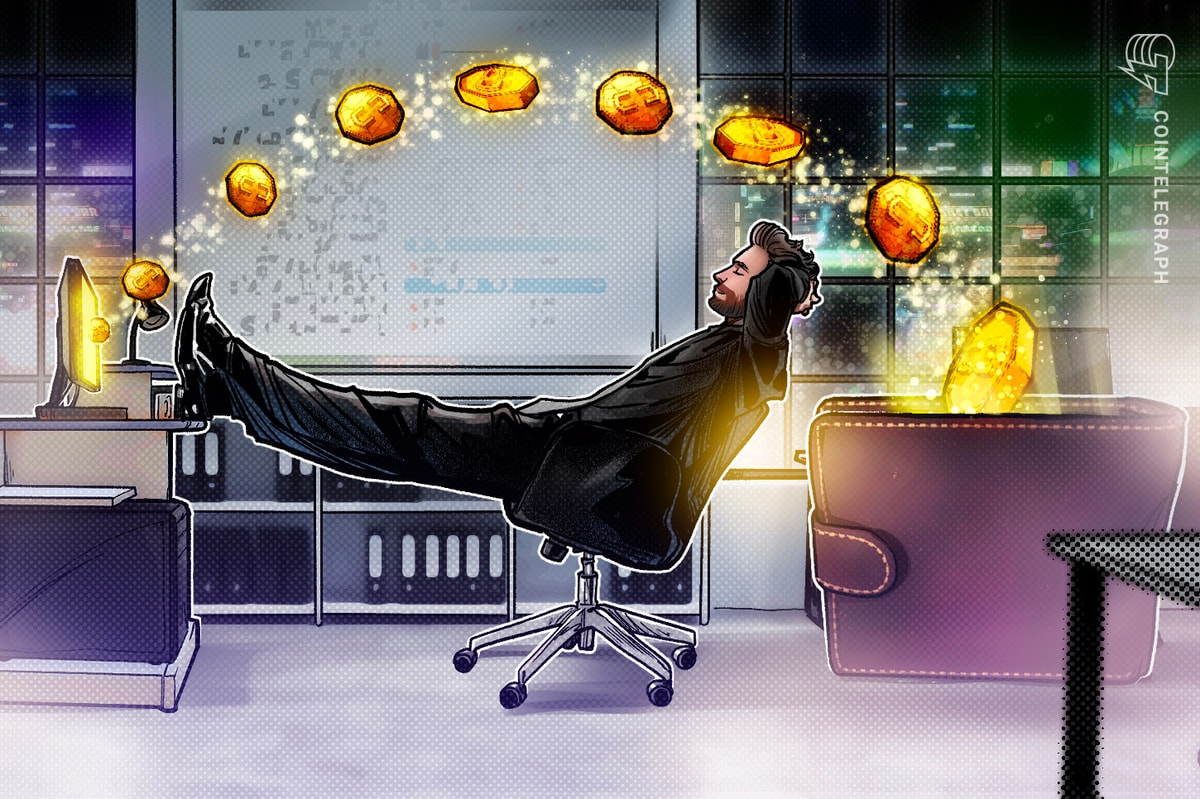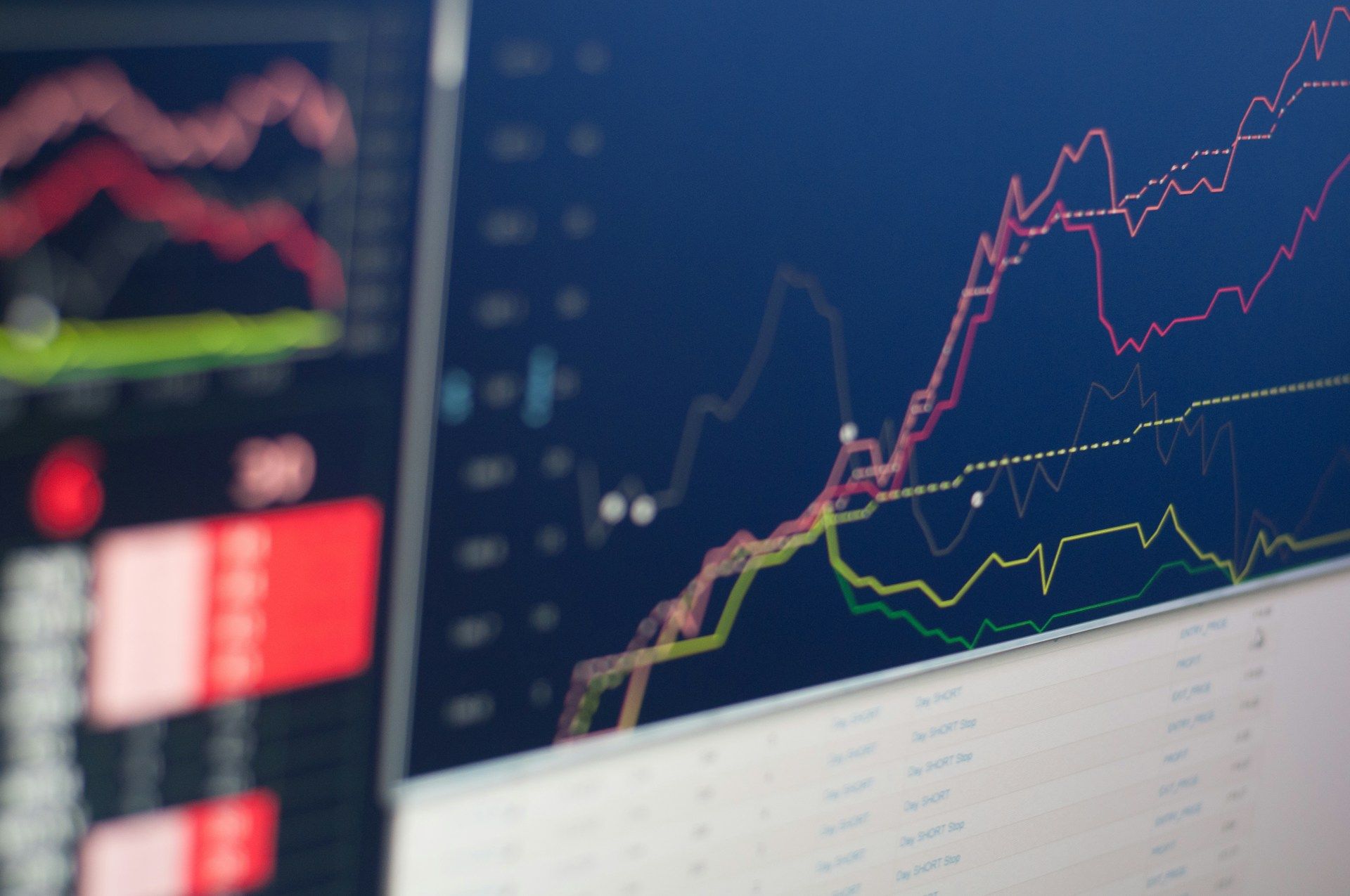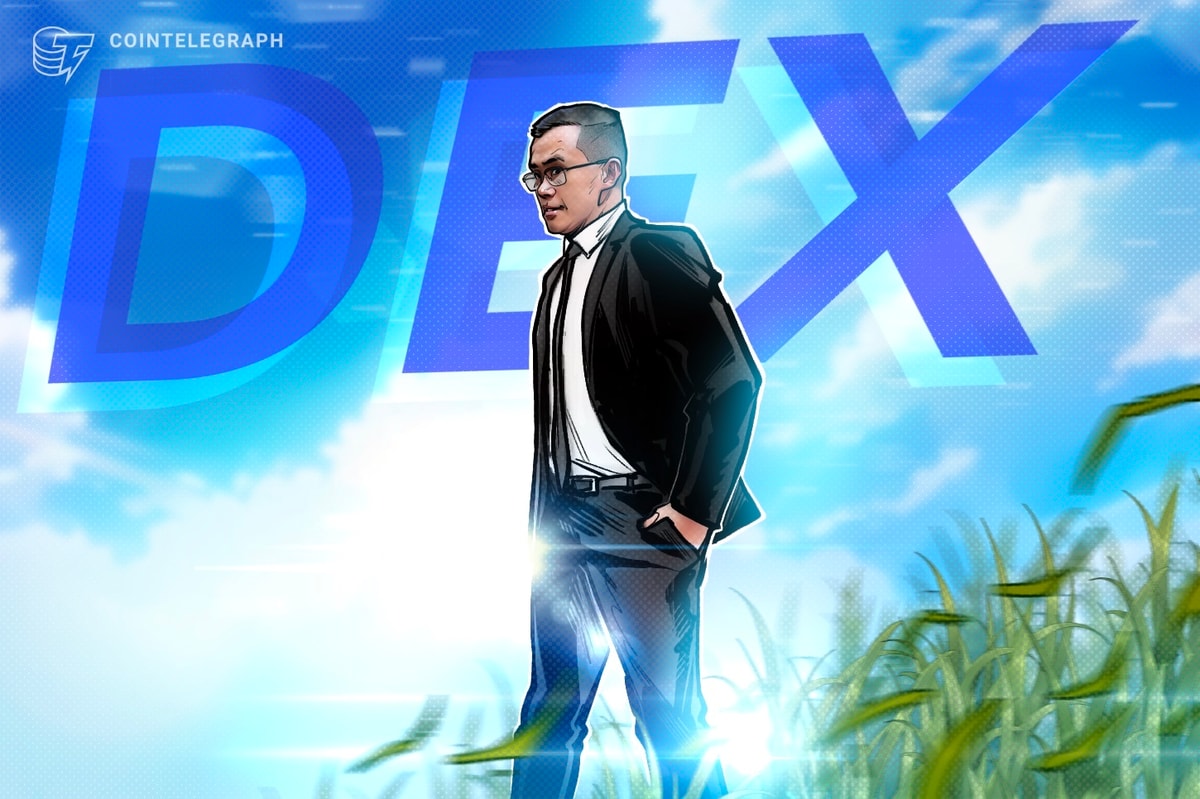FairShare is a new project from Philip Rosedale with a snarky tagline that pretty much encapsulates what he has in mind: Eat the Rich, but slowly.
“I want to give people something like the Linden Dollar but just as an iPhone app that they basically can use to buy and sell anything from each other,” as he put it to me in a call last week.
During the COVID lockdown, Rosedale created complex economic simulations which showed him a frightening thing. As it happens, I wrote about one exactly two years ago:
This new simulation basically models the injection of universal basic income — a solution to the rich/poor divide recently popularized by Presidential candidate Andrew Yang. But as Philip writes, while UBI helps in the short term, his new simulation suggests that the wealth gap quickly starts growing, even with UBI.
“Even with people in a small community trying to look after each other,” as Philip puts it to me now, “you will basically end up with a kind of a natural, almost a thermodynamic problem, where some randomly chosen people will basically just end up getting more and more money.”
He sees that in the state of the real world economy: “If you recognize that the economic system we have is so broken, the only safe assumption is we’re going to have a violent revolution, as has been had many times throughout history.” He even views current political movements through this lens:
“The whole thing with Biden forgiving student loans, that’s called ‘Jubilee’. It’s one of the things that happens on the way to revolution every time. Because one of the things you can do is you can start forgiving debts once the people that are getting screwed get mad enough.”
Some metaverse platforms might help with inequality, he believes, but then again, others will not: “Roblox is a lottery you’re not going to win,” as he puts it, echoing concerns we discussed here. “You can’t go into Roblox and say, I’m gonna make my living in here. Maybe you can go into Second Life and say that.”
FairShare aims to solve this seemingly intractable problem by offering people who sign up a universal basic income modeled after one that’s helped keep Second Life’s economy thriving for twenty years:
“You have some kind of tax that drains money out of the system — a sink, in Linden Lab terms. But then you also have a faucet that puts money into the world. But the money always goes in equally for everybody.”
And no, Philip’s solution is not based on cryptocurrency, which he considers part of the problem: “Bitcoin and Ethereum are increasingly controlled, that the wealth inequality [among people who own it] is worse than the United States.”
FairShare works on a digital currency, but the challenge is making sure each person only receives their UBI allotment, and people don’t try to game the system.
“The way that we did this in Second Life was we only give a basic income to people with a credit card.” That’s given the virtual world economy a stable base of UBI recipients of around 150,000. But that’s not scalable to millions and then billions of people.
Some in Silicon Valley have suggested distributing a UBI that is tied to people’s retina scans… but that would only lead to a Minority Report-style market for eyeballs.
Instead, FairShare’s UBI distribution is based around groups of people who know each other well, through their own FairShare-stamped digital currency.
“So what we basically said was, let’s build a mechanism that allows people to democratically vote people into a group.” (Or vote them out.) The group also votes on the dividend rates and taxes for their FairShare currency allotment.
That will lead to dozens and then hundreds and then, perhaps, thousands and millions of FairShare friend groups, each with their own digital currency with varying rates of value.
“So we’re basically using the foreign exchange pricing mechanism to allow bridges to get built between all these different currencies.”
That way (if I understand right), different currencies in the FairShare system will have an incentive to maintain similar rates of value. While also encouraging new people to create FairShare friend groups of their own, so they too can buy and sell with other groups in the network — and collect that sweet, sweet UBI.
“It’s something where when you signed up, found a group of friends, you suddenly got $50 a day for the rest of your life,” as he puts it. “That would be pretty viral.”
Yes, $50 worth of FairShare digital currency every day; Philip modeled that out to be the optimal UBI rate.
More about it here, though again, it’s still very early days. As with most Philip projects, it’s astoundingly ambitious and has the potential to change the world, while also being sufficiently complicated that it will be difficult to drive adoption. Part of me thinks the best and easiest way to stave off violent revolution is, you know, make the wealthy pay more taxes. But in the US at least, that’s probably not going to happen for at least the next 2-3 years.
File photo of Philip
Read More: nwn.blogs.com








 Nervos Network
Nervos Network  Gas
Gas  Moo Deng
Moo Deng  Tradable NA Rent Financing Platform SSTN
Tradable NA Rent Financing Platform SSTN  Wrapped Ether (Mantle Bridge)
Wrapped Ether (Mantle Bridge)  Siacoin
Siacoin  Celo
Celo  Neiro
Neiro  CHEX Token
CHEX Token  Incrypt
Incrypt  CoW Protocol
CoW Protocol  GoMining Token
GoMining Token  Solana Swap
Solana Swap  Elixir deUSD
Elixir deUSD  ORDI
ORDI  Echelon Prime
Echelon Prime  yearn.finance
yearn.finance  Tribe
Tribe  Harmony
Harmony  aixbt by Virtuals
aixbt by Virtuals  Holo
Holo  Drift Protocol
Drift Protocol  CoinEx
CoinEx  Steakhouse USDC Morpho Vault
Steakhouse USDC Morpho Vault  Stargate Finance
Stargate Finance  SKOR AI
SKOR AI  Qubic
Qubic  TDCCP
TDCCP  Zano
Zano  Binance-Peg SOL
Binance-Peg SOL  UXLINK
UXLINK  Ravencoin
Ravencoin  Aster Staked BNB
Aster Staked BNB  Solayer
Solayer  aelf
aelf  Blockchain Capital
Blockchain Capital  Polymesh
Polymesh  Ankr Network
Ankr Network  Horizen
Horizen  DigiByte
DigiByte  Resolv RLP
Resolv RLP  Casper Network
Casper Network  Chia
Chia  Euler
Euler  Fluid
Fluid  Babylon
Babylon  Osmosis
Osmosis